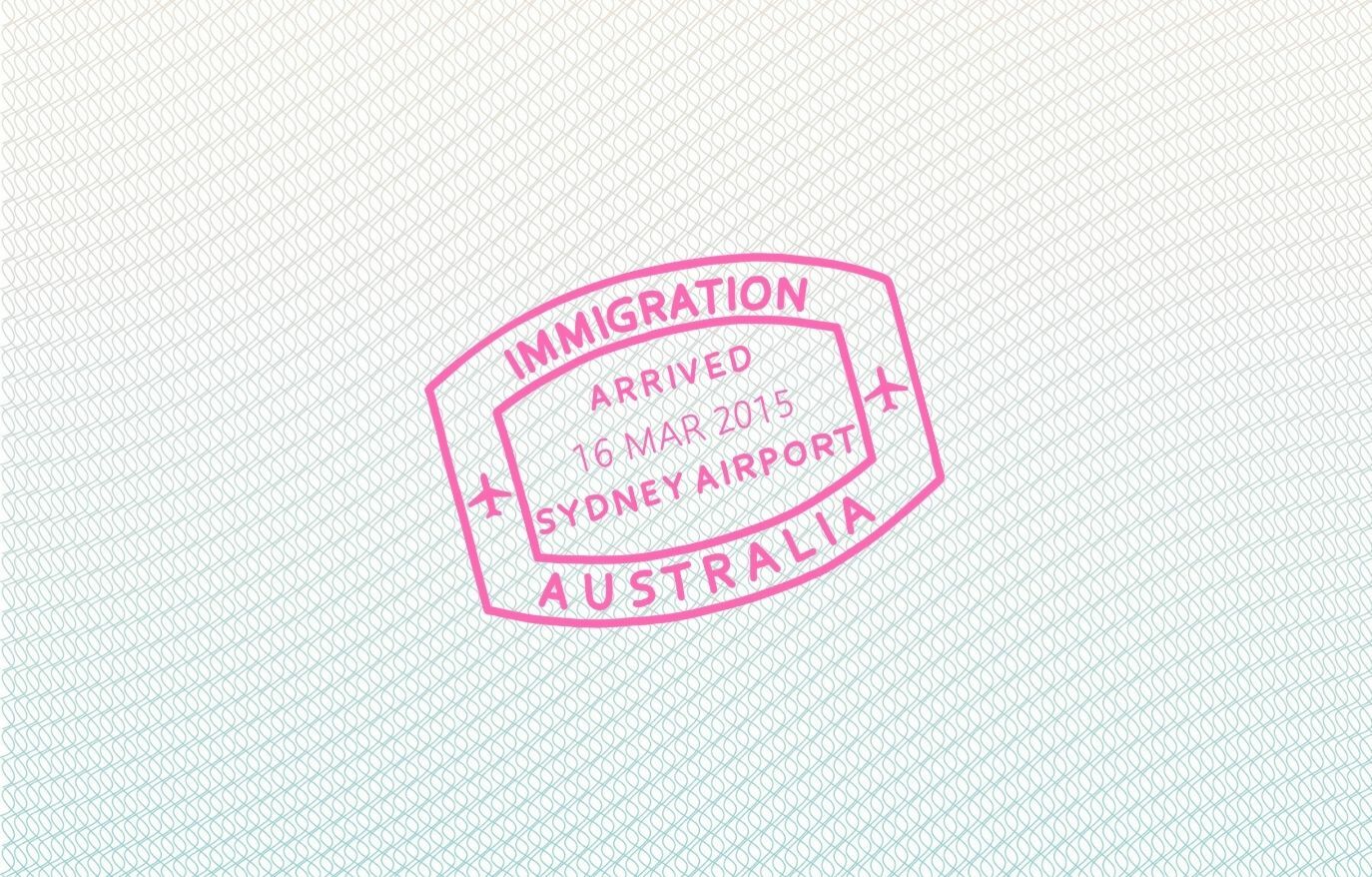Currently ranked 10th on the Henley Passport Index, the Australian passport is a powerful key to unlocking travel around the world, allowing you to freely visit 181 countries.
But if you’ve ever had to secure a visa elsewhere or when immigrating to Australia, you probably know how arduous the application process can be.
Susan Murphy was teaching an English class to new migrants at TAFE when she realised that the students were on an array of different visas, which presented different complications. This motivated her to complete a Graduate Certificate in Australian Migration Law in 2016, and since early 2017, she’s been working at Warren Graham and Murphy law firm.
Susan shares that as a Registered Migration Agent, she assesses a wide variety of scenarios, including individuals’, couples’ and families’ visa situations; employers’ sponsorship eligibility; and appeal rights where there has been a negative visa decision.
“Visa decisions have life-long and sometimes tragic consequences. Some visa processes can go on for several years. The government often changes the legislation related to visas, so it’s important to keep up to date... It is like fitting together a moving jigsaw puzzle.”
There are about 400 visas and different criteria for all of them. Susan adds, “No two visa scenarios are the same because everyone’s story is different.”
“The best part of the job is seeing a visa grant land in my inbox".
Susan explains that her position can present several challenges, “I talk to people who have a prison sentence of more than twelve months, are not Australian citizens or who have had their visas automatically cancelled. Many people have spent their whole lives in Australia and don’t realise they aren’t citizens. Unfortunately, the person with the cancelled visa often has other problems such as a learning disability or mental health issues. I find these cases distressing. I don’t believe the government should dump disadvantaged people in a country they haven’t lived in since they were a baby.
“The best part of the job is seeing a visa grant land in my inbox. Ringing people to tell them the good news makes up for the low points.”
Gippsland attracts people for a variety of reasons. They might be partner visa applicants, skilled visa holders whose occupation is in demand in rural areas, or they might be on a Safe Haven visa and encouraged to work in a country area.
Susan shares insight into areas of skill shortage in Gippsland: these include health occupations, engineering, trades and agriculture. Before the pandemic, there were large skill shortages in the hospitality industry too.
Employer-sponsored skilled visas allow someone to fill a position in a business. Potential overseas workers must have approved levels of qualifications and experience to be eligible. The employer also has to meet strict criteria, such as labour market testing, and has to pay the sponsored employee the same rate as they would pay an Australian worker.
Susan believes that more can be done to reduce the complexity of this process for employers, as “sponsoring an experienced, enthusiastic overseas worker can be a successful solution to a skill shortage, as well as a way to grow the business”.
Gippsland is an attractive place to live (we write about it every edition!), so understanding the pathway for the many immigration opportunities is important, as a vibrant, thriving region benefits us all.
